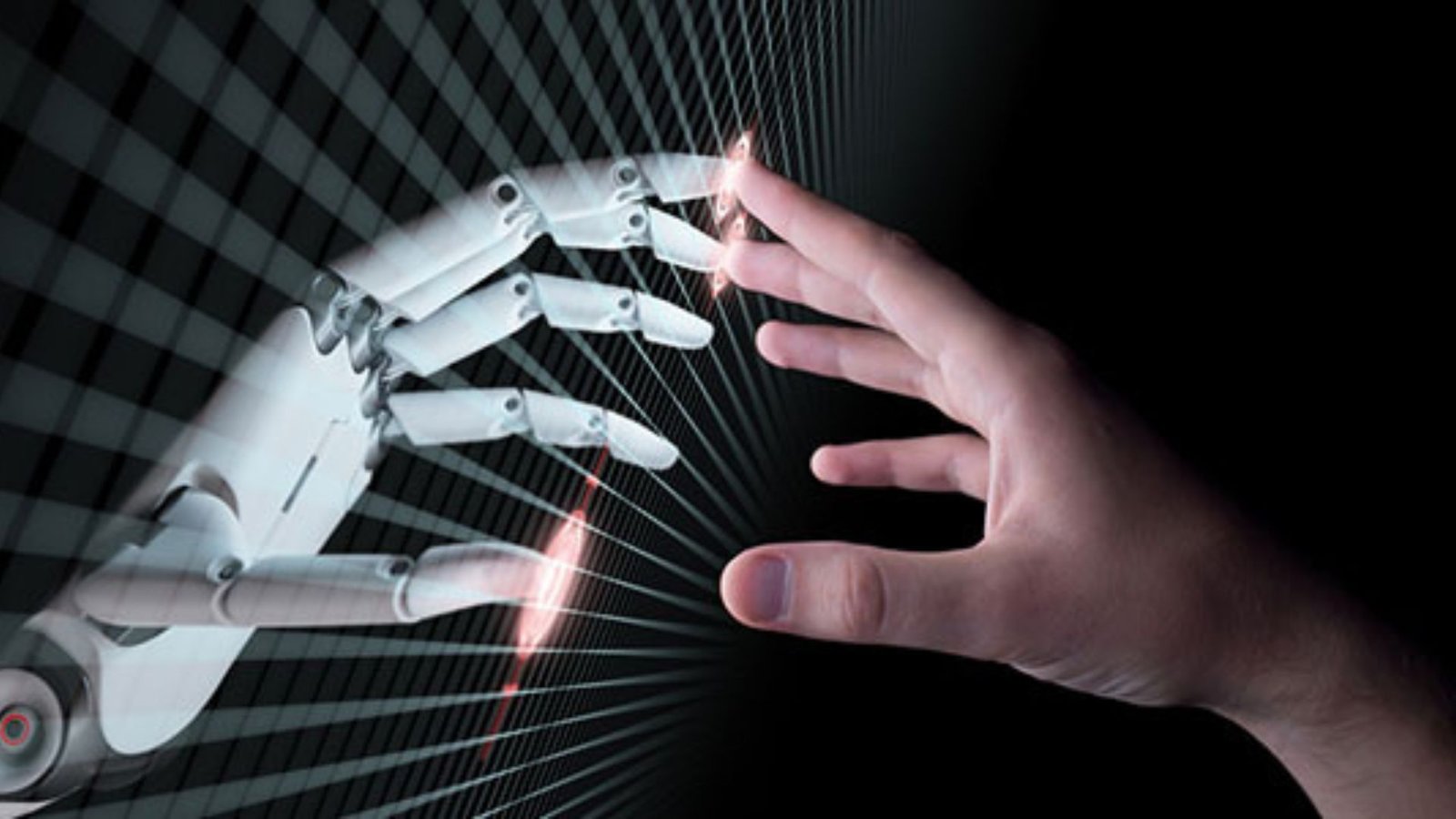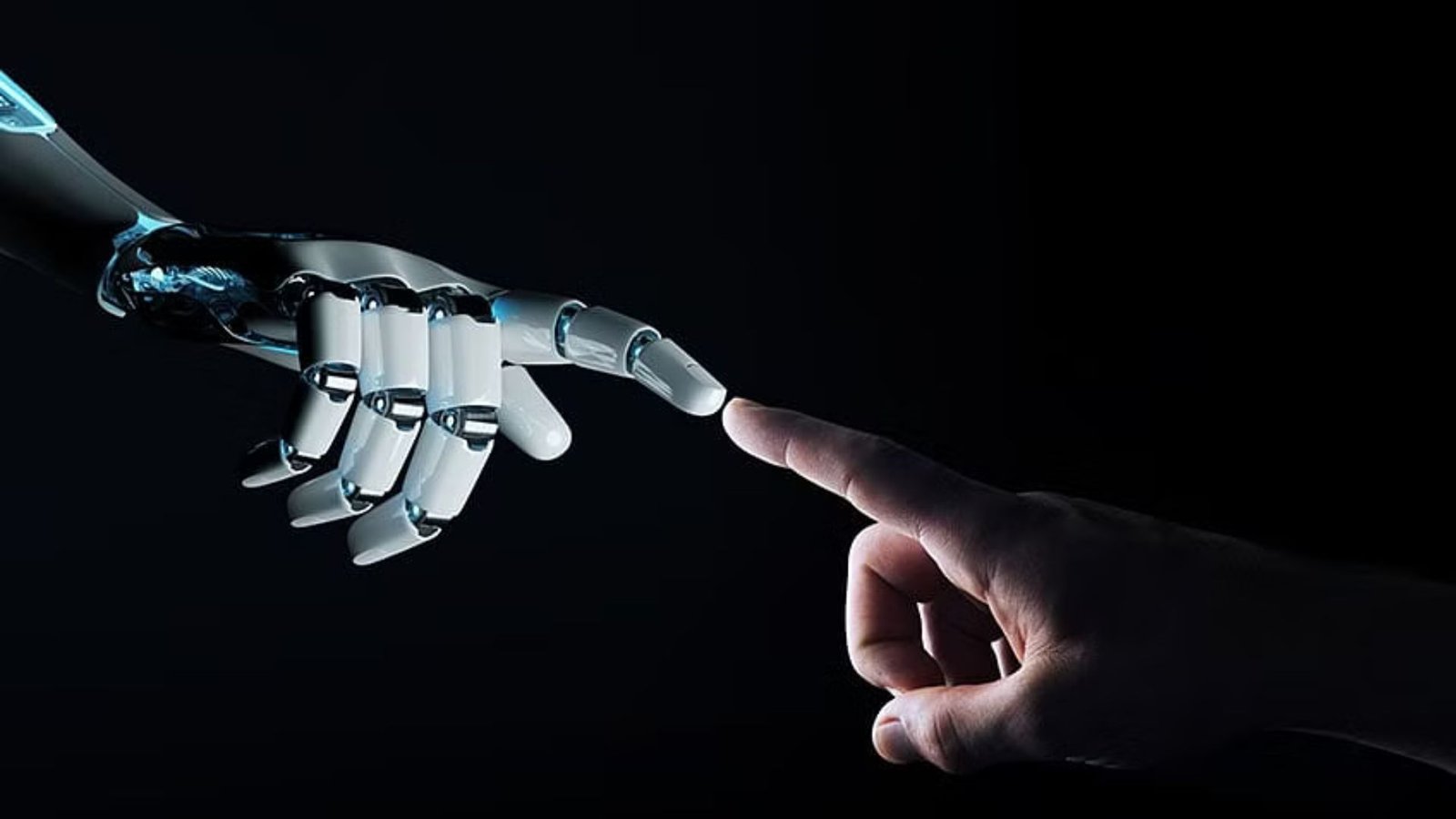Technology is a broad field that refers to the use of scientific knowledge and tools to solve problems, improve processes, and enhance our daily lives. It includes everything from simple tools to complex systems that affect almost every aspect of human life. Technology in everyday life shapes how we work, communicate, and entertain ourselves. This article explores how technology influences our lives, from personal devices to innovations in healthcare and communication.

Understanding the Basics of Technology
At its core, technology refers to tools, machines, and systems designed to make tasks easier and more efficient. From the earliest stone tools to modern-day smartphones, technology has always been part of human evolution. It enables us to tackle challenges and reach new heights in fields like science, education, and business.
- Technological advancements often begin with simple inventions that evolve into complex systems. For example, early agriculture used basic tools, but today, we have automated farming equipment that maximizes production.
- Digital technology has expanded rapidly in the past few decades, leading to the creation of computers, smartphones, and artificial intelligence, which have transformed how we live.
As a result, technology affects almost every aspect of human existence, making our world more interconnected and efficient.
How Technology Transforms Communication
One of the most significant ways technology has shaped our lives is through advancements in communication. In the past, communicating across long distances was difficult and slow, but modern technology has made it possible to connect instantly with people across the globe.
- Smartphones and social media platforms enable instant communication, whether through text, voice, or video calls. This has led to new ways of connecting with friends, family, and colleagues.
- Email, messaging apps, and video conferencing are now common tools in both personal and professional communication, making it easier to stay connected no matter where you are.
Thus, technology in communication has made the world feel smaller, creating opportunities for real-time collaboration and relationship-building that were previously impossible.
Impact of Technology on Healthcare
Technology has also had a profound impact on healthcare, improving both the treatment and prevention of diseases. Medical technology has saved millions of lives, improved patient care, and made healthcare more accessible.
- Telemedicine has allowed patients to consult with doctors remotely, making healthcare more convenient, especially in rural or underserved areas.
- Advanced medical devices such as MRI machines, robotic surgery tools, and wearable health monitors enable more accurate diagnoses and more effective treatments.
- Medical research has been accelerated by technological tools, allowing scientists to develop new drugs, treatments, and vaccines more quickly and efficiently.
In this way, technology in healthcare has dramatically improved the quality of life for many, providing more efficient, timely, and affordable care.
Technology and the Workplace
In the workplace, technology has revolutionized how we work. It has made tasks more efficient, streamlined processes, and created new career opportunities.
- Automation and artificial intelligence (AI) have transformed industries like manufacturing, finance, and healthcare by automating repetitive tasks, which increases productivity.
- Cloud computing allows businesses to store and access data remotely, facilitating collaboration and enabling employees to work from anywhere in the world.
- Remote work tools like video conferencing, project management software, and digital file sharing have made it easier for people to work from home or any location, especially during the COVID-19 pandemic.
Technology has therefore shaped the modern workplace, leading to more flexible, efficient, and global work environments.
Technology’s Role in Education
The impact of technology in education has been profound. Today, digital learning tools are transforming the way we acquire knowledge. From online courses to interactive apps, technology has made education more accessible and personalized.
- Online learning platforms allow people to study from anywhere, anytime, removing barriers to education.
- Educational apps help students learn at their own pace, while virtual classrooms provide interactive, hands-on experiences that enhance learning.
- Digital textbooks and resources make educational materials more affordable and up-to-date, improving access for students of all backgrounds.
Thus, technology is reshaping education by making learning more flexible, personalized, and accessible to a global audience.
How Technology Impacts Daily Life
Daily, technology touches nearly every part of our lives, from entertainment to transportation. We use smartphones to shop, stream content, and find directions. We also rely on smart home devices to control lighting, temperature, and security.
- Smart devices like refrigerators, thermostats, and even coffee makers now connect to the internet, allowing users to control them remotely and create a more efficient home environment.
- Transportation technology, such as GPS navigation systems, electric vehicles, and ride-sharing apps, has made traveling faster and more convenient.
As a result, technology is integral to modern living, making daily tasks more convenient, efficient, and enjoyable.
Environmental Impacts of Technology
While technology offers many benefits, it also presents challenges, especially concerning the environment. The production and disposal of electronic devices contribute to e-waste, which can harm the planet.
- Renewable energy technologies like solar and wind power are helping to reduce carbon footprints and reliance on fossil fuels.
- Electric vehicles (EVs) are another example of how technology in transportation is helping reduce emissions and fight climate change.
Therefore, technological innovations are also being used to create a more sustainable future, though it is essential to balance growth with environmental responsibility.
Conclusion
In conclusion, technology is a powerful force that continues to shape and improve our lives in countless ways. From communication to healthcare, education, and daily living, technology in modern society plays a central role in creating efficiencies, solving problems, and opening up new opportunities. As we move forward, it will continue to evolve, presenting new possibilities and challenges for individuals, businesses, and the planet. Embracing technology responsibly will ensure it remains a positive influence on our lives for years to come.











